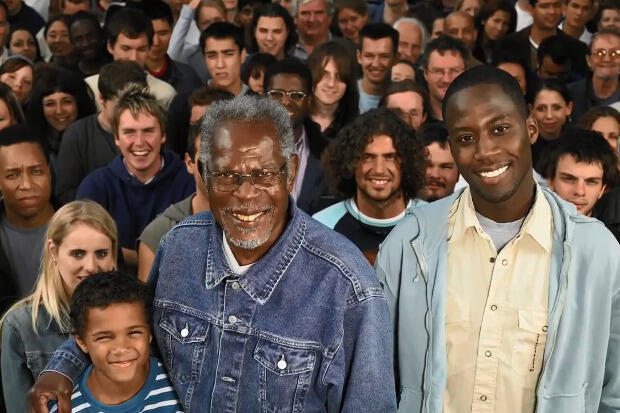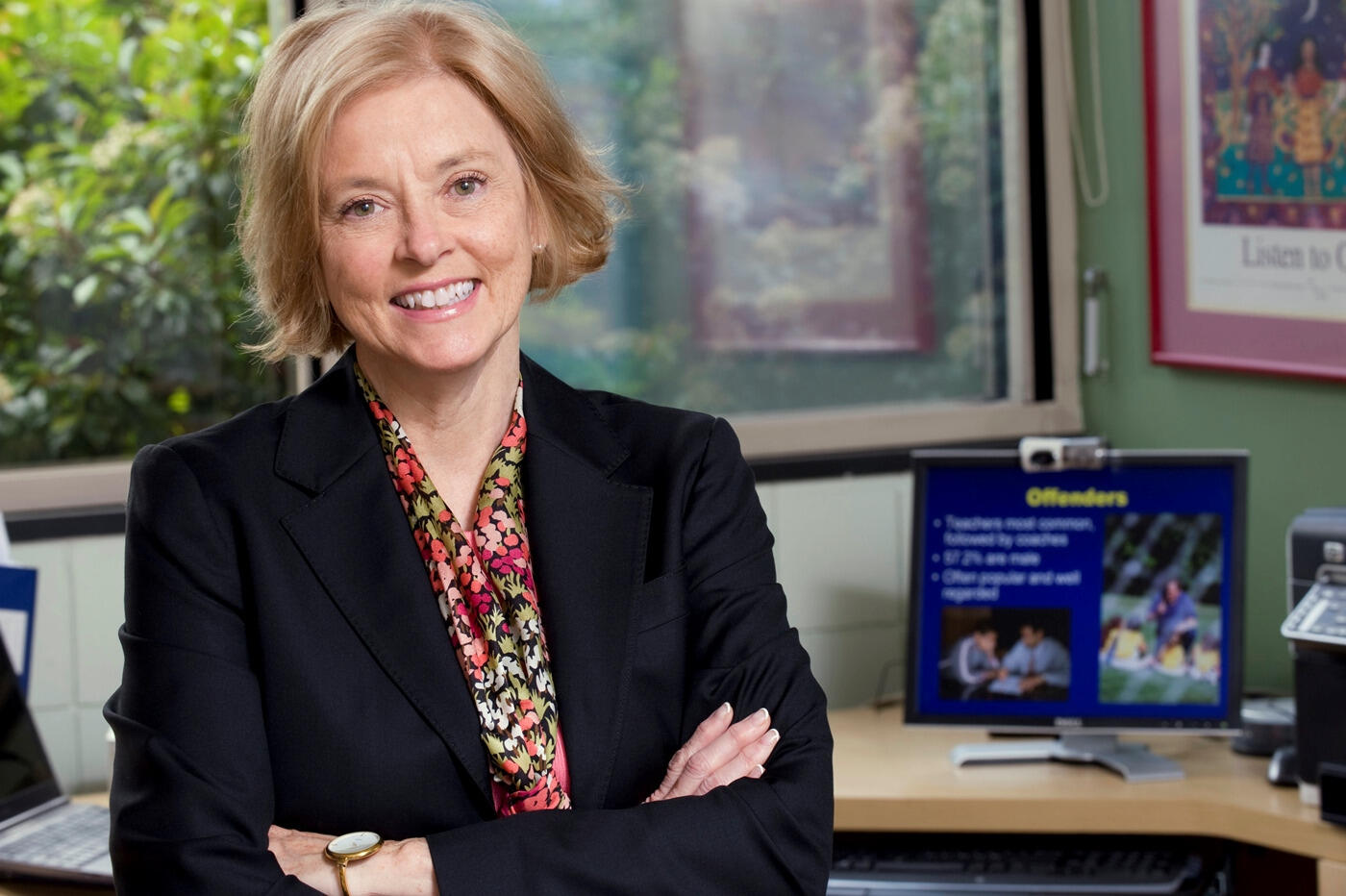
July 10, 2014
Talking about race in Richmond
Share this story

When Charol Shakeshaft, Ph.D., first came to Richmond in 2007 to serve a five-year term as chair of the Department of Educational Leadership in the VCU School of Education, she saw a flier for the Richmond Peace Education Center’s Racial Justice Discussion Series. Shakeshaft, who had volunteered at New York’s ERASE Racism, an organization that promotes racial equity, was immediately interested.
“I thought, ‘Oh, I want to learn about Richmond,’ so I went to this and it was a series of four evenings … where speakers came to talk,” Shakeshaft, now a professor in the department, said.
One of the speakers was John Moeser, Ph.D., retired VCU professor of urban studies and planning who shared statistics regarding issues around racial disparities, which Shakeshaft found interesting. At the end of the lecture, attendees were asked to form groups and to think of a project that would publicize Moeser’s findings and prompt a discussion on the region’s problems. In Shakeshaft’s group was Renee Hill, Ph.D., an associate professor of philosophy at Virginia State University. The two immediately decided to make a video about race in Richmond, even though neither had any video experience.
That lack of experience would slow them down, but it ultimately improved their product. Seven years later — thanks to the help of about 15 volunteers and a portion of a larger grant that specified funding should be used to develop materials about the history of Richmond schools — the video project, “Race in Richmond,” surpasses what they had originally envisioned. Instead of one video, there are four, delving into education, transportation, housing and economic development.
“[They] show the disparities by race and also how transportation issues affect economic issues which are racially divided,” Shakeshaft said.
The videos, which went live this spring on the Richmond Peace Education Center website, should spark a critical conversation about how we may foster greater cooperation across the region while providing all students with high quality education, Moeser said in a video introduction.
“Employment, transportation, housing. These are tough topics and need to be dealt with if the area will be as strong as it could be,” he said. “Plus, it’s a moral issue.”
While the statistical portions of the videos come from Moeser’s research, the developers sought out experts on the issues and people who lived these experiences for the interviews.
“We hope that organizations will use [the videos] to teach about issues in Richmond,” Shakeshaft said. “We've already had a number of local organizations, church groups, etc. say that they are using them as presentation for discussion. They download, watch and discuss. We want people to understand how we got to where we are and to think about how we might move forward.
“I think that it is important to stay focused on issues of race and regionalism, both of which relate to poverty in Richmond and the surrounding counties. … You know it was just something we cared about and we just kept plodding along and ... years later we finished it.”
Subscribe for free to the weekly VCU News email newsletter at http://newsletter.news.vcu.
Subscribe to VCU News
Subscribe to VCU News at newsletter.vcu.edu and receive a selection of stories, videos, photos, news clips and event listings in your inbox.











